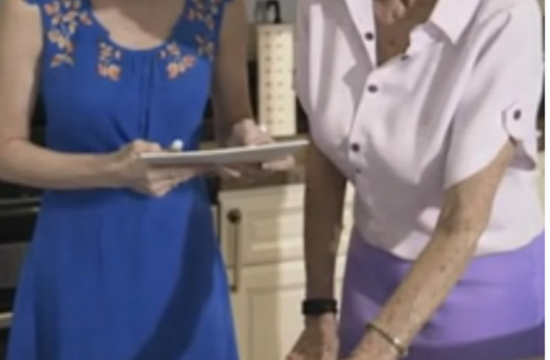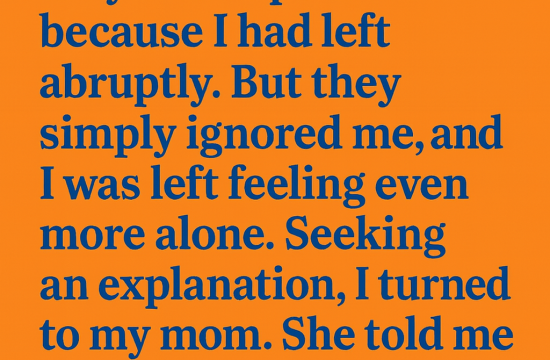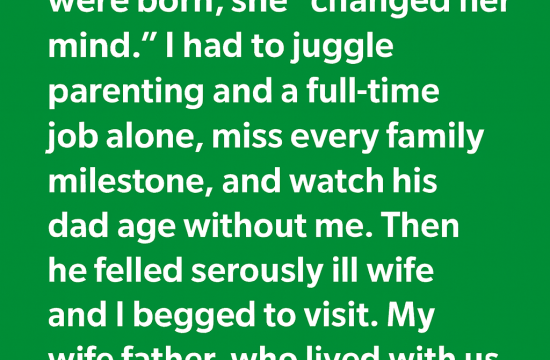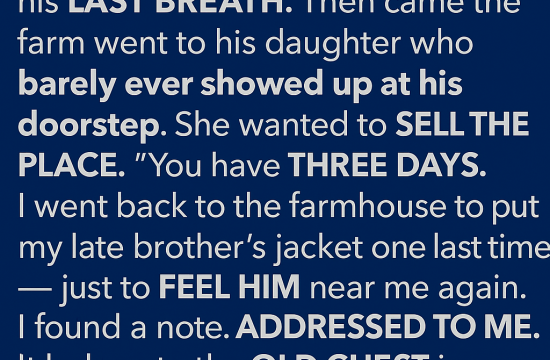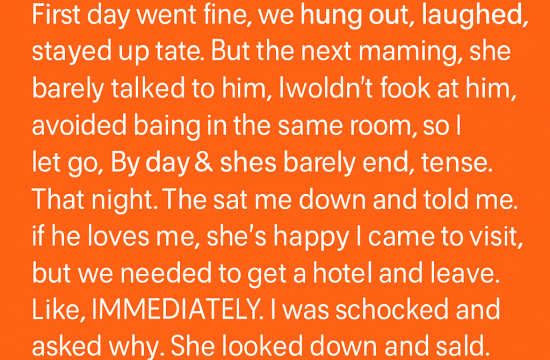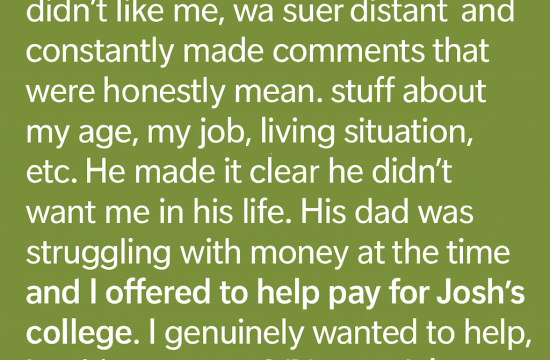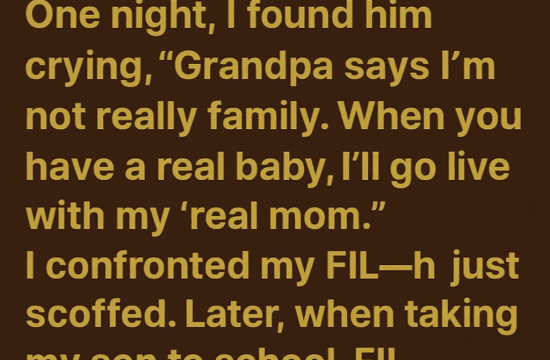When my father‑in‑law bellowed, “Did you forget whose house you’re living in?” over a tipped mop bucket, something inside me cracked wide open.
I had spent a full year scrubbing his floors until my knuckles burned, cooking dinners no one thanked me for, and folding laundry that wasn’t even mine. All while my husband, Nathan, kept promising that soon we’d have our own place.
It started as a compromise:
“Let’s live with my parents to save money,” Nathan said.
“Just for a little while,” he added, eyes hopeful.
I said yes.
We packed up and moved into his childhood bedroom—a museum of plastic‑covered furniture, family photos that didn’t include me, and cold glances from his mother that spoke louder than words.
But the hardest part wasn’t her. It was him—my father‑in‑law.
The man never once called me by name.
He criticized everything: the way I walked, the way I cleaned, even the way I spoke.
And so, I swallowed my pride, stayed quiet, and kept scrubbing, day after day, hoping that someday soon we’d be free of it all.
Then came that morning.
I had just mopped the kitchen again when he stormed in with muddy boots, stomped across the floor, knocked over the bucket, and barked:
“You haven’t swept the floors once since you got here!”
The words hit me like a slap.
I stood there, soaked and shaking, staring at the man who had treated me like I was invisible.
And then—finally—I stopped being invisible.
“Who do you think’s been cleaning this house every day? The ghost of housekeepers past?”
My voice shook, but I didn’t stop.
“I’ve scrubbed your toilets, folded your wife’s underwear, and cooked your Sunday dinners—and after all that, I’m still just ‘her’ to you.”
A year of silence poured out of me in a flood of anger and heartbreak.
Nathan stood in the doorway, watching, saying nothing.
And that—more than his father’s words—was what hurt the most.
That night, I packed a suitcase.
I looked Nathan in the eye and said, “One week to move out… or I move out alone.”
By morning, suddenly, he remembered a vacant family cottage an hour away—funny how that worked.
We moved out that weekend.
His father hasn’t spoken to me since.
I don’t need him to.
Today, we’ve built a home of our own. It’s not perfect—messy, cluttered, sometimes loud—but it’s ours. It’s filled with laughter, not criticism.
And last month, I found out I was pregnant.
I looked around our tiny living room, at the crooked pictures on the wall, at Nathan humming while making coffee, and I smiled.
Our child will never grow up watching their mother be belittled in someone else’s house.
I made sure of that.




